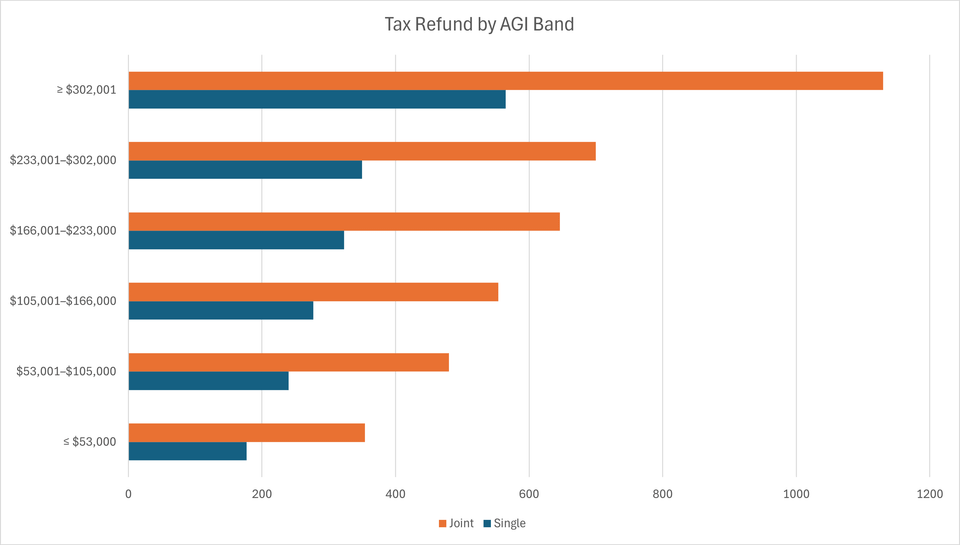COLORADO: Last Chance to Claim Your 2024 TABOR Refund
Deadline October 15, 2025
If you’re a Colorado taxpayer, the window is closing to claim your 2024 TABOR refund. Thanks to the state’s Taxpayer’s Bill of Rights (TABOR), excess state revenue gets returned to residents. For the 2024 fiscal year, that meant a tax rate reduction and refund opportunities. But if you haven’t filed yet, you need to act soon.
This article will walk you through everything you need to know: how TABOR refunds work, who’s eligible, the upcoming deadline, and how people in Arvada and across Colorado can make the most of their refund. We’ll also dig deeper into why TABOR refunds are shrinking and what that means for your future tax planning. By the end, you’ll have the knowledge to act before October 15 and avoid leaving money on the table.




